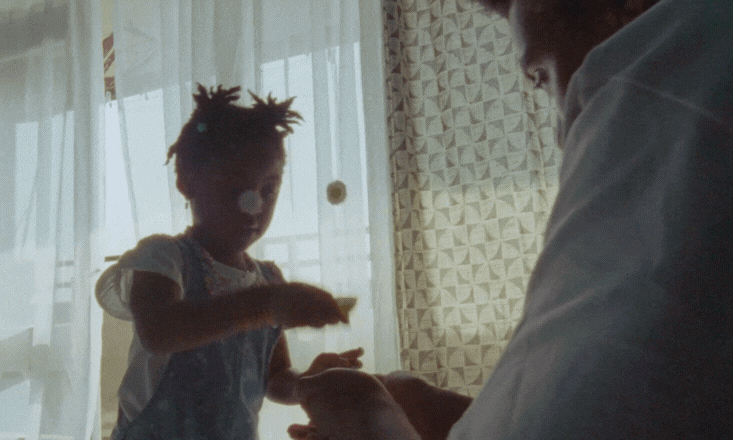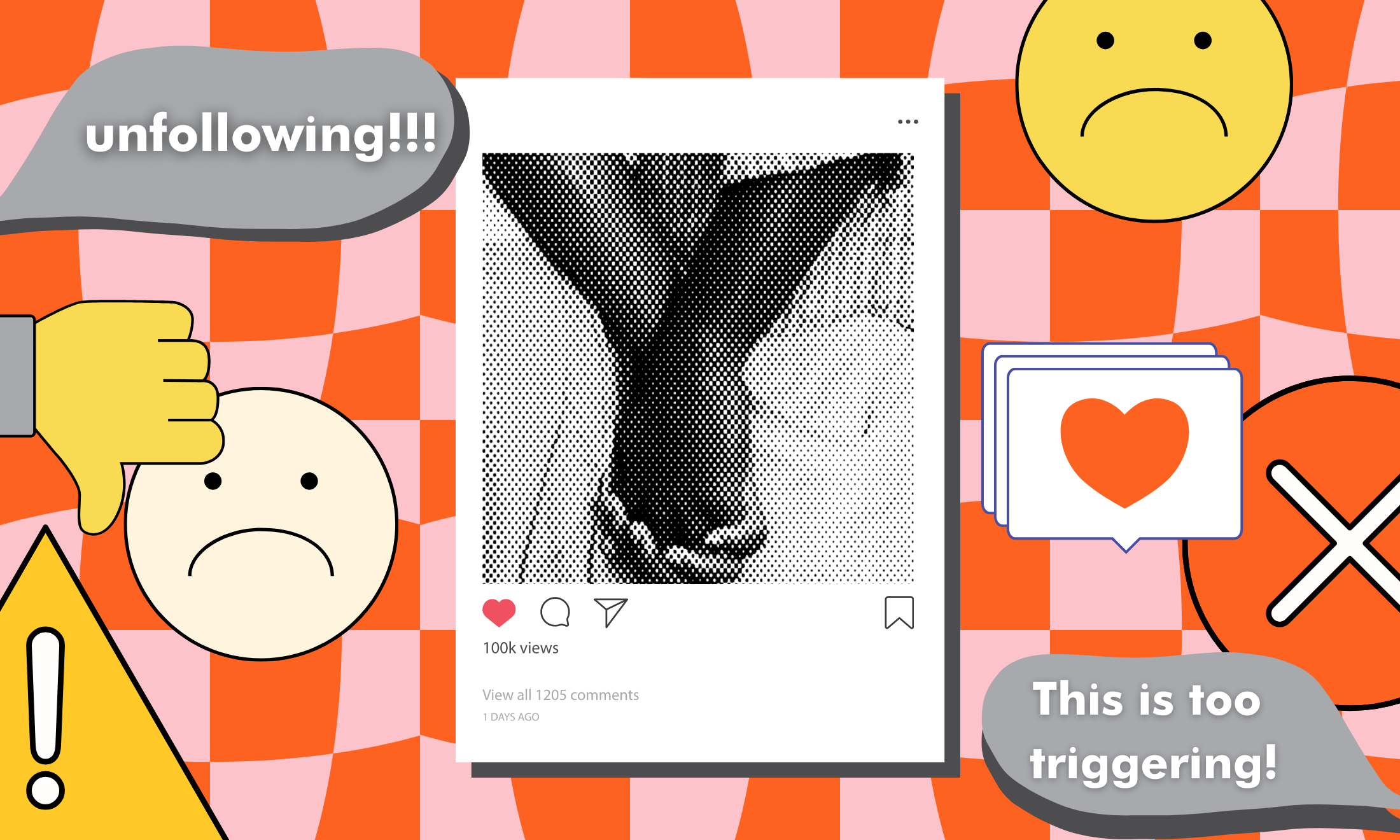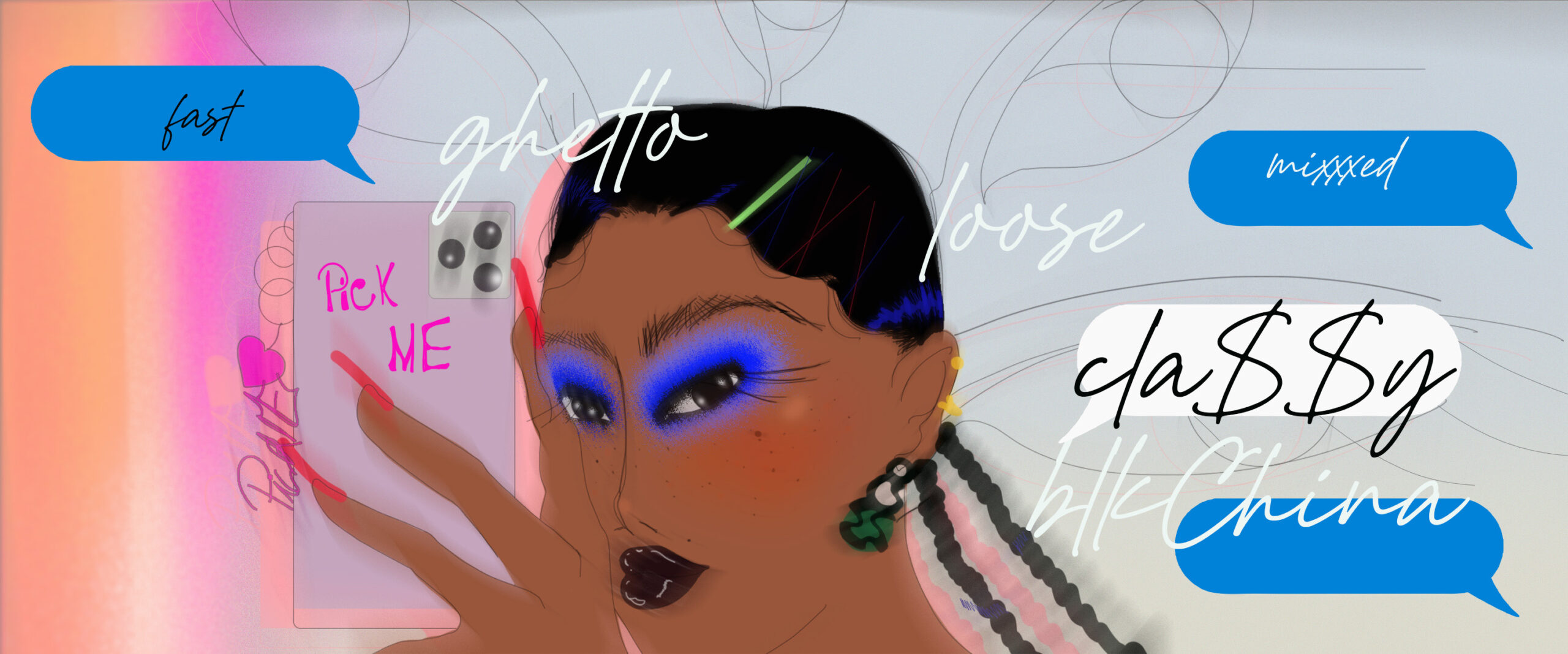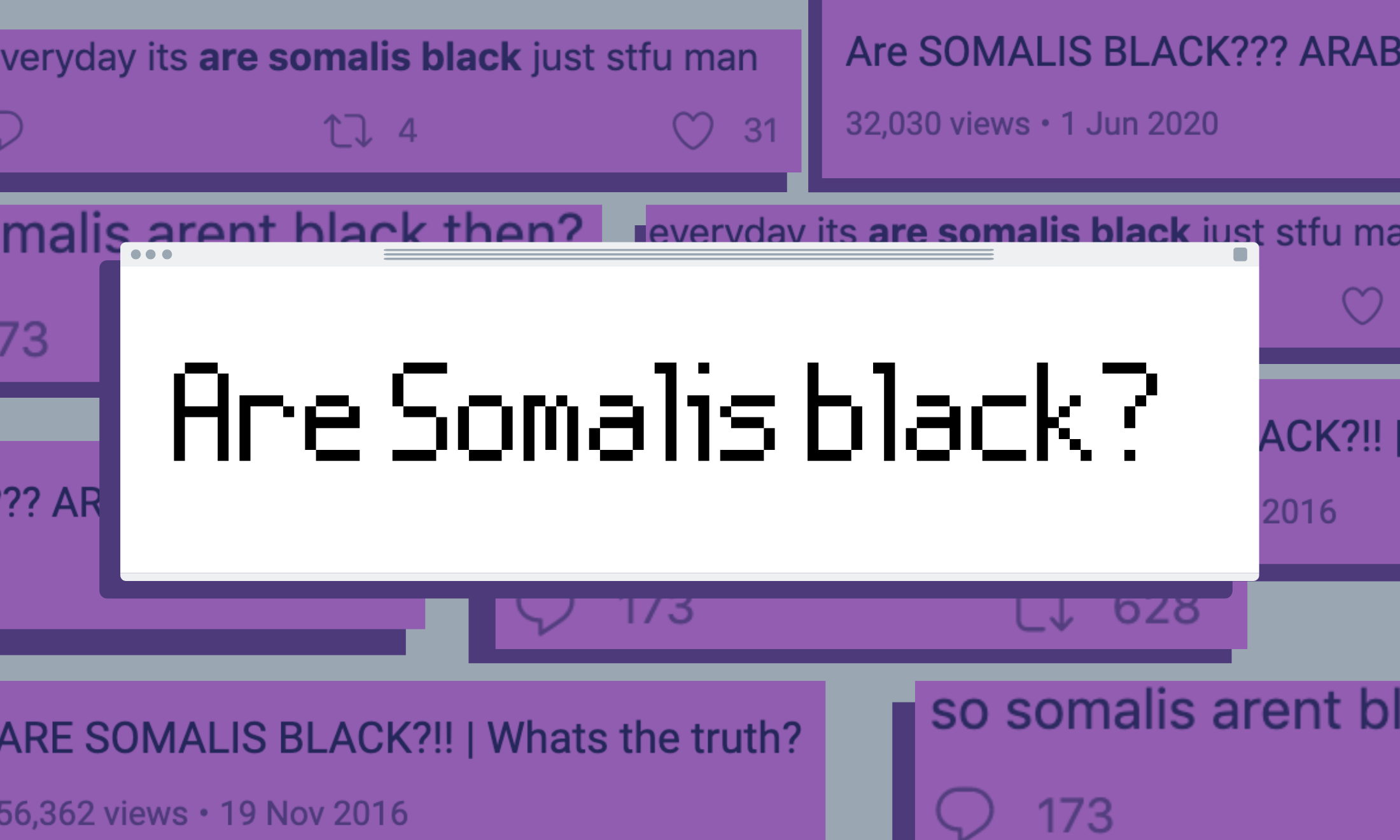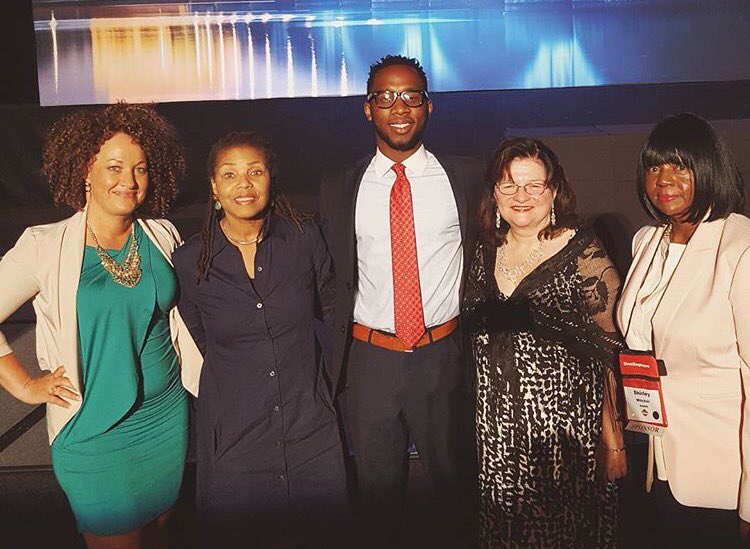
When will Rachel Dolezal stop trying to get in formation?
Paula Akpan and Ella Wilks-Harper
23 Jun 2016
When the story of Rachel Dolezal first broke – the NAACP president who has been misrepresenting herself as black – I snorted derisively.
When she was interviewed by VICE’s Broadly and mused over how “it’s so hard to explain this to people: I don’t feel white”, I rolled my eyes.
However, upon discovering that Dolezal had joined the Twittersphere, I had a cursory stalk and came across the following tweet.
Last night, after my keynote at the national conference of the American Association of Access, Equity & Diversity pic.twitter.com/YOSckfCakC
— Rachel Anne Doležal (@RachelADolezal) June 9, 2016
To ensure that this wasn’t all a practical joke at my expense, I quickly made my way over to the American Association of Access, Equity and Diversity site where I was greeted with “Civil rights activist and Professor Rachel Dolezal will speak about “Race, Culture and Identity” on June 8th.”
How is it that someone who purposefully misrepresents herself to pass as black has been given any kind of platform; any kind of authority to speak on race relations?
What Dolezal fails to understand is that through her fierce desire for blackness, she has become more of a hindrance than an asset to the movement. Being an ally and, later, a professor of black studies was simply not enough – she wanted to own and immerse herself in blackness – something she had apparently been doing since she was five. In her efforts to be accepted, she reduced the black experience to nothing more than signifiers; through the sporting of weaves, fake tan and mistruths, she became “one of us”.
In her attempt to run away from Whiteness and perhaps, in her own misguided way, deepen her connection with blackness, she is oblivious to how her own white privilege has come into play. She saw, wanted and took blackness. Despite being called out on appropriation and deliberately misleading those she interacted with on a daily basis, she refuses to budge and insists on continuing to take up space like at the AAAED conference.
Yes, race is a complex social construct. There is no singular way to be a person of colour. There is so much space for the plethora of shades within the umbrella terms of ‘black’ and ‘brown’. However, there is no room fora woman who has collected the basic signifiers of blackness and worn them as a costume.
As a black woman, I refuse to be spoken for – and in some cases, over – by Rachel Dolezal, someone who willfully dons my identity like a cape.
There’s a difference between passing and performance
– Ella Wilks-Harper
As someone that passes as white and is often treated as such by wider society, my relationship to my Jamaican and French heritage has never been that entrenched in my appearance. Whilst growing up it would often bewilder and later irritate me that people could not immediately see my resemblance to my mother, in their failure to see beyond our differing skin colour; I soon learned that one’s race is far more than the exterior. And unlike Dolezal I did not feel the obligation to wear dark make-up or alter my hair to feel a sense of ‘Blackness’.
Whilst for more visible people of colour, appearance and skin colour play a substantial part to how one identifies with their heritage, through their experiences in a white-dominated society, Rachel Dolezal’s big reveal last year just goes to show the systemic ignorance and attitude towards race that continues to persist.
While race enables greater solidarity within non-white communities, it is not monolithic. Race has never been a perfect construct because it means a myriad of things to different people. For myself, being mixed race is embedded in my upbringing, which has given me insight into three different cultures through food, stories, trying to understand my nan’s French and learning from my mother’s own experiences of racism how privileged I am.
But Dolezal’s refusal to acknowledge her privilege and continual assertion to having a mythical intrinsic “blackness” is offensive and embarrassing. By altering her appearance to feel accepted as a person of colour, Dolezal has reduced race to merely a performance, undermining the very notion of race and disregarding the experience of people of colour by attempting to speak on our behalf.

